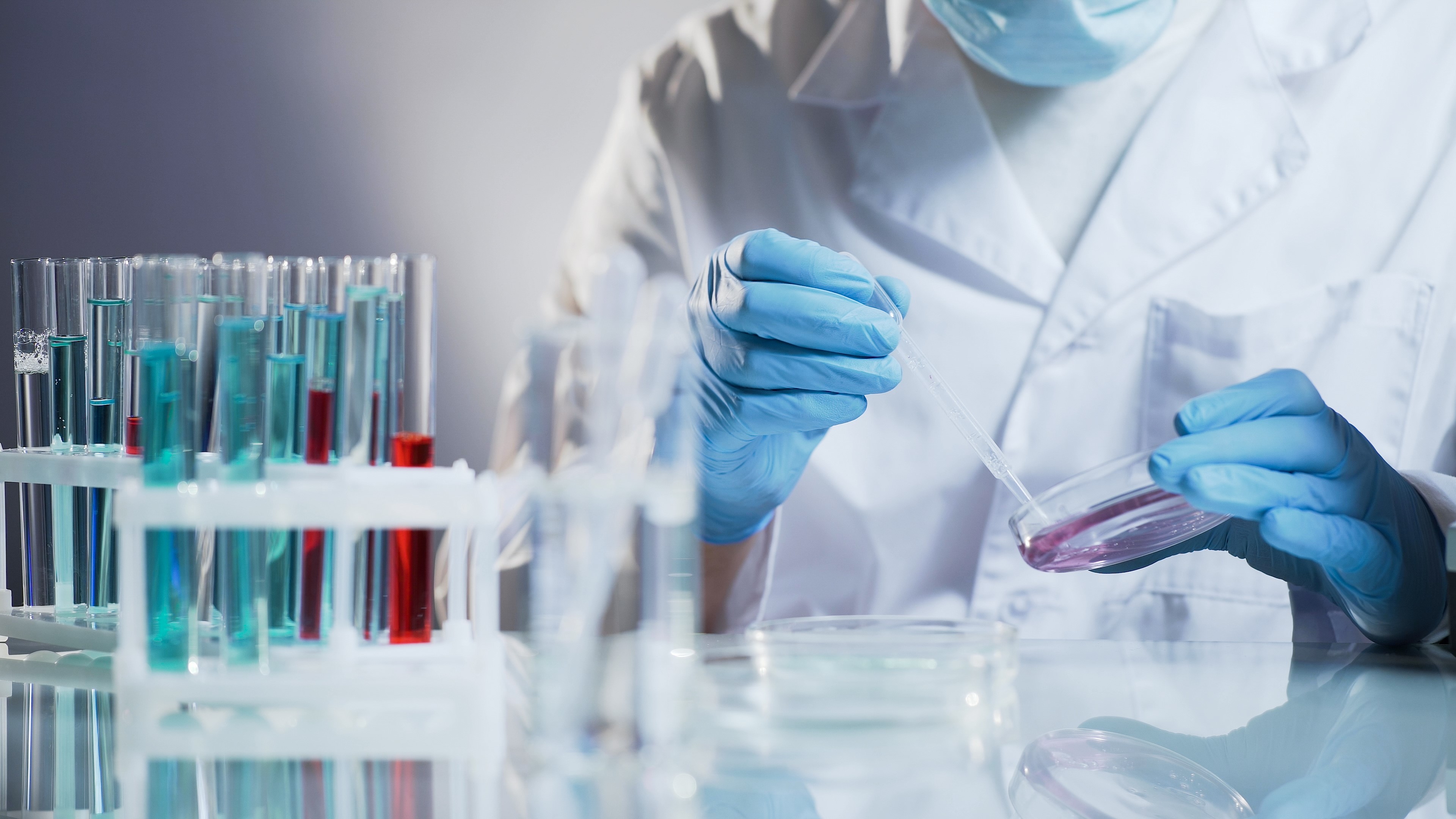 |
Login
On-Demand Course
Course Description: In this interdisciplinary Forensic Toxicology course we will examine the detection, identification, and quantification of drugs and toxicants in biological specimens within the context of criminal and civil investigations. This course offers students a comprehensive overview of toxicological analysis and its application to forensic casework. Students will learn about the collection, preservation, and preparation of biological fluids such as blood, urine, and oral fluid for toxicological screening. The course covers both presumptive and confirmatory testing techniques, including immunoassays (e.g., ELISA) and advanced instrumental analyses such as Headspace Gas Chromatography-Flame Ionization Detection (HS-GC/FID), Gas Chromatography-Mass Spectrometry (GC/MS), Liquid Chromatography-Tandem Mass Spectrometry (LC-MS/MS), and High-Resolution Mass Spectrometry (LC-QTOF). Emphasis is placed on understanding method validation, quality assurance, data interpretation, and the role of the forensic toxicologist in legal settings. Ethical considerations, scientific rigor, and adherence to accreditation standards are reinforced throughout the course. Detailed Learning Objectives:
*Once you have completed all requirements for the webinar you will have access to your certificate for download. You can find your certificates in the Awards tab at the top of the page. The webinar's content has been reviewed by the ABFT and ABC, and determined to be acceptable for submission to the ABFT or ABC for continuing education credit! Click the LOGIN button below to register for this course: Forensic Toxicology Unlocked! |